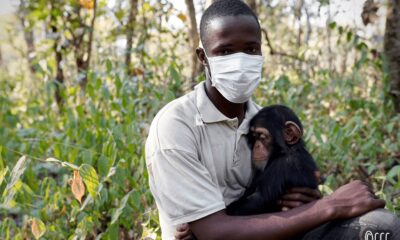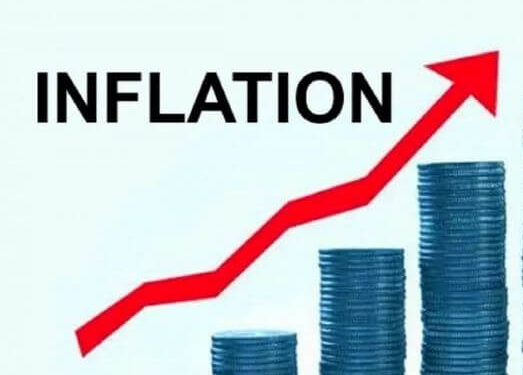VenturesNow
Mining: Guinea gives multinationals ultimatum, build alumina refineries or face ‘penalties’
VenturesNow
Moroccan annual inflation rises to 0.8% in November
VenturesNow
Nigeria’s $42bn foreign reserves enough for 9 months’ imports— Central Bank
-

 VenturesNow2 days ago
VenturesNow2 days agoMoroccan annual inflation rises to 0.8% in November
-

 Metro2 days ago
Metro2 days agoNigerian activist remanded in prison for threatening President’s son
-

 Musings From Abroad2 days ago
Musings From Abroad2 days agoSwiss company Mercuria partners Zambia’s IDC in new metals trading firm
-

 Metro16 hours ago
Metro16 hours agoOutrage over murder of Nigerian beaten to death by South Africans inside estate security office




























